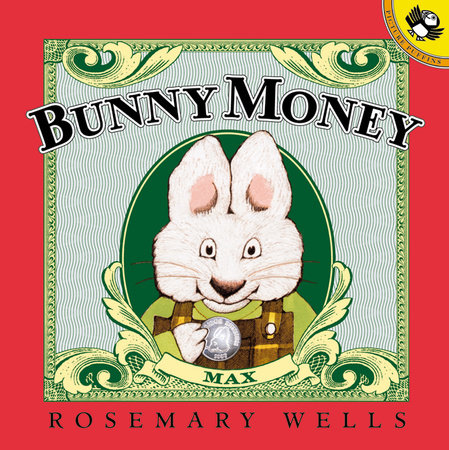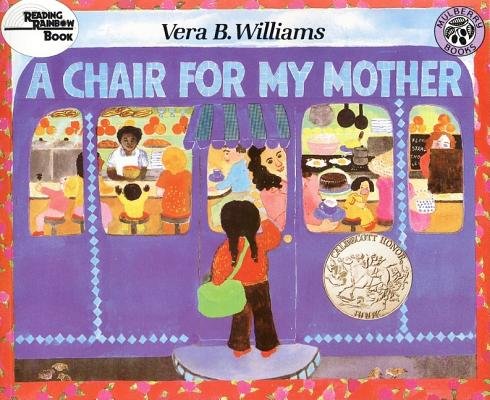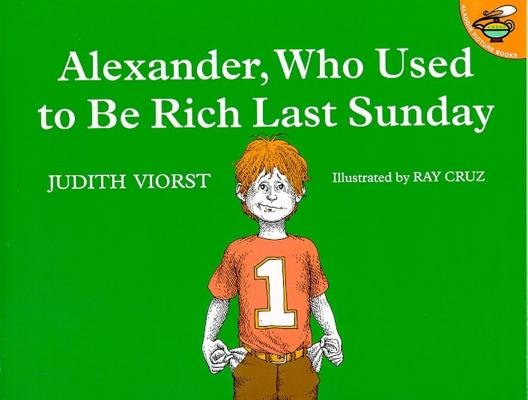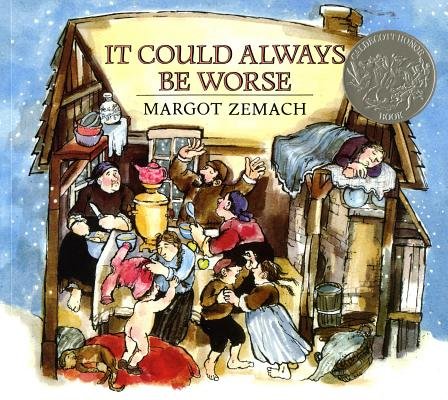Money Talks: Literary Lessons on Money, Gratitude, and Responsibility for Little Ones
by Sharon Holbrook
Every now and then, in between bedtime reading and cuddles on the couch, this parent does get to read a grown-up book. Recently, I’ve been wrapped up in New York Times money columnist Ron Lieber’s The Opposite of Spoiled, which manages to be both enjoyable and chock-full of practical advice about how to raise grounded, responsible kids who know how to handle money.
For parents like me who are wrestling with money questions — “Should I give an allowance?” “How much?” “What if my kid wants brand-name clothes?” “How much work in and outside the home should kids do?” and so on — The Opposite of Spoiled is thought-provoking and helpful.
Book lover that I am, I couldn’t help but think of some of Lieber’s principles in terms of books I can share with my kids (and you with yours) to help us work through these sometimes-tricky issues.
-
Talk about money — early and often.
-
Book Recommendation: Bunny Money
Available from:What happens when bunnies Max and Ruby take a walletful of money downtown to buy a present for Grandma? Well, just like people money, bunny money apparently runs out faster than you might think. This toddler-to-preschool level book suggests photocopying the money pictured in the book so the young reader can play at spending and shopping. That’s a great idea. It’s also good to use to use actual cash for your own purchases from time to time too, and to explain the purchase process and the denominations and names of coins and currency. It’s a small start, but it will lead to more questions about money, and that’s a good thing. As Lieber points out, there is a concerning “epidemic of silence around money that persists within many families.” It’s never too soon to start the conversation, demystify money, and begin prepping for the financial responsibilities of adulthood.
Also available from:
-
Give kids plenty of responsibility.
-
Book Recommendation: A Chair for My Mother
Lieber points out that kids like to work, they like to earn money, and they like to feel like a contributing member of the family. This might be regular unpaid chores, but it might also be a little paid odd jobs and chances to pitch in at home like those in A Chair for My Mother. This beautiful book has it all — the generosity of family and neighbors after a fire, the appreciation of the small things in life (like one good, comfy chair), the patience of saving money towards a goal, and a young narrator who does her small (but valued) part to help her family. A must-read.
For a more straightforward read on why everyone in the family needs to help out, and what dirty disasters strike when no one takes responsibility, check out The Berenstain Bears and the Trouble with Chores by Stan and Jan Berenstain.
-
Give kids an allowance as practice money to learn patience and develop spending wisdom.
-
Book Recommendation: Alexander, Who Used to Be Rich Last Sunday
Assuming parents can afford it, an allowance is a tool for practicing money management. (Though it’s not, or shouldn’t be, payment for chores, Lieber and other experts write — those are just part of being a family.) Sometimes, though, that allowance money is colossally frittered away, as in Alexander, Who Used to Be Rich Last Sunday. Viorst has a knack for the frustrations of childhood, as she also demonstrated in her best-known work, Alexander and the Terrible, Horrible, No-Good, Very Bad Day. In Used to Be Rich, Alexander blows his only dollar on garage sale junk, gum that quickly loses its flavor, and the rental of his buddy’s snake for an hour. “Saving money is hard,” Alexander laments. Indeed it is, but as Lieber points out in The Opposite of Spoiled, that’s part of the purpose of allowance: to make those budgeting and spending mistakes and learn from them as a kid, when the consequences of missteps are less dire.
-
Help children discern wants from needs, and make gratitude a family practice.
-
Book Recommendation: It Could Always Be Worse
Sometimes, the answer to an aching material desire is not a purchase, but an attitude adjustment. Lieber advises setting reasonable limits on purchases by parents (with kids kicking in the extra if they must have fancy brand-names) and expressing gratitude as a family on a regular basis (maybe with mealtime grace, or another acknowledgement of appreciation at the table). And how about reading It Could Always Be Worse? The title might suggest a preachy “eat-your-dinner-there-are-starving children” message, but kids will love this funny folk tale about a quarrelsome, crowded family that brings all its livestock into its cramped hut on the advice of a wise Rabbi — and ultimately realizes how peaceful and roomy their house was all along. A gentle lesson in appreciation — and that’s a lesson that we grown-ups could sometimes use too.




